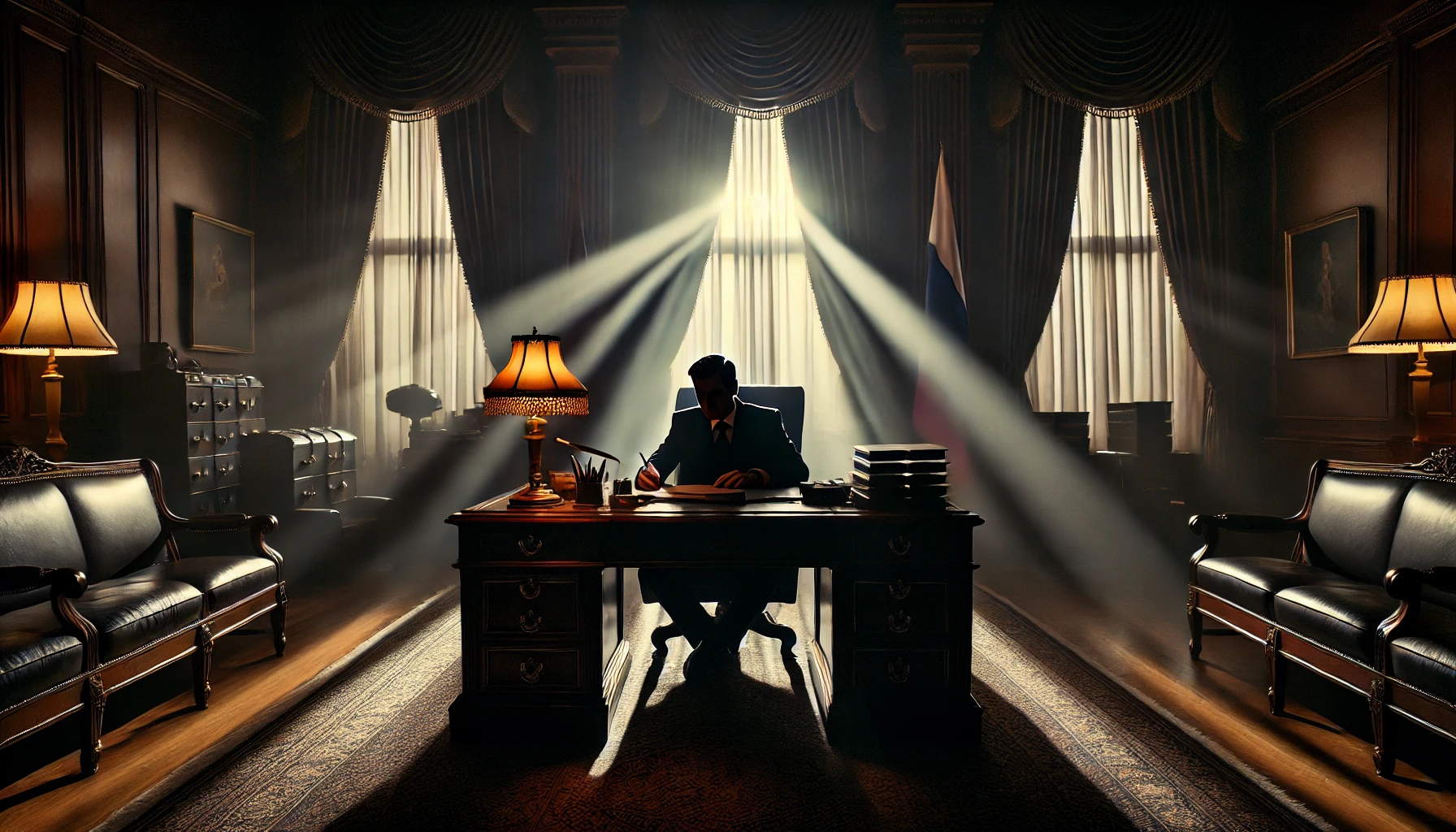In an age where monarchies have mostly faded into ceremonial roles, one absolute dynasty still endures: the ruling family of North Korea. Kim Jong-un, the third member of his bloodline to govern the Hermit Kingdom, is an anomaly in modern politics. His rule is not simply the result of personal ambition but of an elaborate system—one built on fear, propaganda, and historical mythmaking. Under his leadership, North Korea has become more isolated, yet more dangerous. He has defied expectations, consolidating his power with ruthless efficiency while forcing the world to acknowledge his nuclear-armed regime.
Born to Rule, Raised in Secrecy
Kim Jong-un was born in 1983 (or possibly 1984), the son of Kim Jong-il and grandson of North Korea’s founding leader, Kim Il-sung. His childhood remains shrouded in mystery, as is typical for members of the ruling dynasty. He was educated in Switzerland under an assumed identity, where he was reportedly an unremarkable student with a passion for basketball and action films. Unlike his older half-brother, Kim Jong-nam—who fell out of favor after an embarrassing attempt to visit Tokyo Disneyland—Kim Jong-un was carefully groomed for succession.
When Kim Jong-il died in 2011, many outside observers believed the young and inexperienced Kim Jong-un would be a weak leader, easily manipulated by the old guard. They were wrong. Within a few years, he had purged potential rivals, including his own uncle, Jang Song-thaek, who was executed in 2013. In 2017, he ordered the assassination of his half-brother, Kim Jong-nam, in a Malaysian airport, sending a clear message: no challenger, no matter how distant, would be tolerated.
The Cult of the Supreme Leader
Like his father and grandfather, Kim Jong-un rules through a combination of mythology and terror. The North Korean propaganda machine portrays him as a near-divine figure—an infallible genius with supernatural wisdom. His image is carefully controlled: every public appearance, every speech, every smile is calculated to project both warmth and absolute authority.
Yet behind the staged appearances, his regime relies on brutal repression. Political dissent is unthinkable, as the state maintains a vast network of prison camps where perceived enemies of the regime—along with their entire families—are subjected to forced labor and execution. Surveillance is omnipresent, ensuring that loyalty is not merely an expectation but a requirement for survival.
The Nuclear Gambit: Power Through Fear
One of Kim’s greatest achievements—at least from his perspective—is securing North Korea’s status as a nuclear power. Under his leadership, the country rapidly accelerated its missile and nuclear weapons programs, conducting a series of provocative tests that brought it to the brink of war with the United States. The world was forced to take him seriously, with even U.S. presidents engaging in direct diplomacy—something neither of his predecessors had achieved.
By wielding the threat of nuclear war, Kim has managed to extract concessions from international rivals while maintaining control at home. His strategy is not unlike that of past authoritarian rulers: create an external enemy, keep the population in a state of fear, and position yourself as the only figure who can protect the nation.
Survival in a Changing World
Despite his firm grip on power, Kim’s rule is not without challenges. North Korea’s economy, already crippled by decades of mismanagement, has suffered under strict international sanctions. The COVID-19 pandemic forced the regime to close its borders entirely, cutting off trade even with China—its only major ally.
Yet, history suggests that dictators are not easily unseated by economic hardship alone. Kim’s dynasty has survived famine, sanctions, and diplomatic isolation. His ability to maintain control depends not on prosperity but on the continued effectiveness of fear, propaganda, and repression.
Kim Jong-un’s North Korea is a case study in the durability of authoritarian rule. While other dictators have risen and fallen, he has defied predictions, ensuring that his family’s rule endures into the 21st century. Whether his grip on power will last indefinitely or whether he will one day become the victim of the system he inherited remains an open question. In history, even the most absolute rulers eventually face their reckoning.
